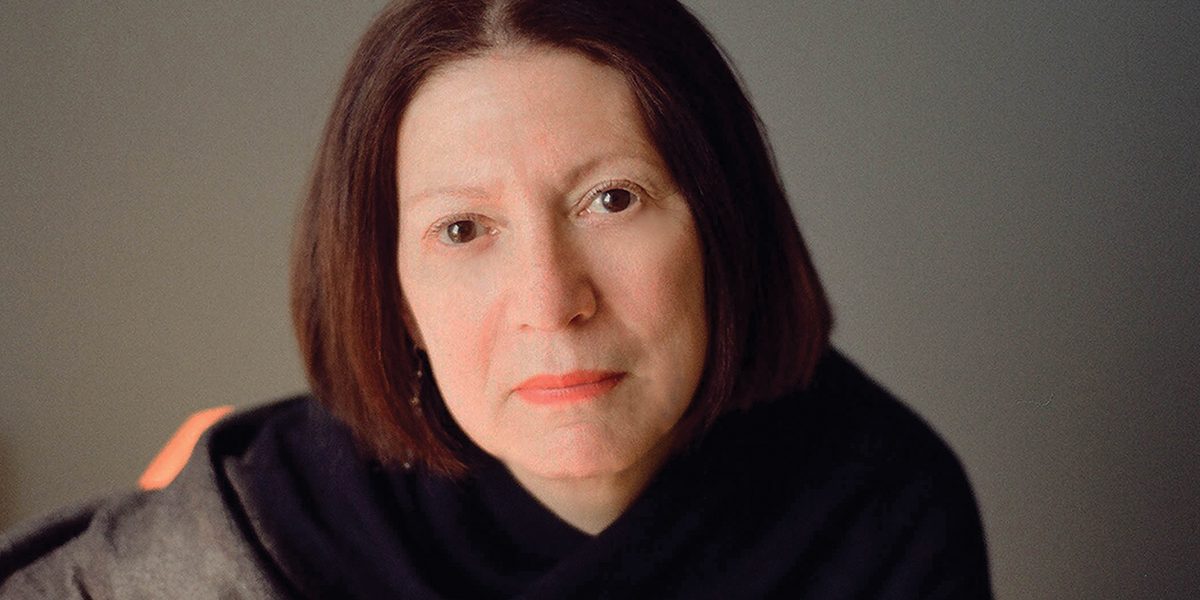Arts & Culture
Q&A with Carol Berkin
Hometown Pride? Elizabeth Patterson Bonaparte was incredibly dismissive of her hometown. Did she ever say anything positive about the city?
How did you initially learn about Elizabeth (Betsy)?
I
had just finished appearing in a documentary on Dolley Madison, who, as
you know, was a friend of Betsy’s. I was talking to one of the
producers of the show and mentioned that I hadn’t really found a topic
that appealed to me for a new book project. His face lit up; I have the
perfect topic for you, he said: Betsy Bonaparte! He had done a little
research on her for the show and thought she was fascinating. He was, of
course, correct. As soon as I began to look at her letters I knew I
had to write her biography.
What were your first impressions of her, and how did they change as you researched her life?
At
first, I thought of her as a femme fatale. Then I thought of her as a
woman scorned and believed I was going to write her story as a tragic
love story. But, I soon learned that Betsy was so much more than either
of these stereotypes. She was a complex, brilliant woman and one who
dared to create an independent life for herself in an era when few
American women could even imagine this. The costs of breaking the mold
of domesticity were high but she refused to conform to the gender
demands of her day. I came to admire her greatly for this. At the same
time, I realized that she should not be romanticized or idealized; she
was stubborn, she was elitist, and she was profoundly unable to accept
that her son, and his sons, did not share her obsession with being a
Bonaparte. Most of all, I was fascinated by her contradictions: she
despised American culture and American values yet she embodied them in
many ways. In the end, it was her complexity that stayed with me and
that I tried to convey in the book.
Elizabeth was an
incredibly independent woman for that time. Over the course of the book,
we learn a great deal about her father and her strained relationship
with him. But did she have a female role model, in or out of the family?
If so, it didn’t seem to be her mother.
In a sad way,
Betsy’s mother was her negative role model. Betsy loved her deeply, but
was repelled by how submissive her mother was, how passive she was in
the face of mistreatment by an unfaithful and selfish man—and Betsy
wholeheartedly rejected this feminine role. But Betsy did not have a
positive female role model; in fact, she had very few female friends.
Men—powerful men, brilliant men, successful men—these were her real
reference group and often they men who did great damage to her like her
father and Napoleon.
Of all her acquaintances/family
in the U.S. and Europe (from Dolley Madison and Vice President Elbridge
Gerry to the Bonapartes), what relationship of hers did you find the
most fascinating (in that you wish you could have written more about
it)?
Oh, definitely her relationship with
Gorchakoff. I think she truly loved him (and he loved her). She let her
emotional guard down with him. He was her match in terms of looks,
brains, and wit. But there were so few sources available– only one
exchange of letters and a few comments by friends and acquaintances—and
so I could not develop their story fully.
I don’t think
I’ve ever heard someone so dismissive of her hometown. At one point, I
gave up counting the number of negative comments about Baltimore. Did
Betsy ever say anything positive about the city?
Although
Betsy talked so negatively about Baltimore, she was really rejecting
American society, culture, and gender ideology in general not just her
hometown. Remember, despite her attacks on the city, she always returned
to it and she spent her last years in Baltimore even though she could
have settled anywhere—NYC or Washington, for example. In the end, it was
“home.” I suspect that, if she and her father had ever been able to
reconcile, her hostility to Baltimore would have diminished. But the
truth was, she was meant for the glittering salons of Paris and the
sophisticated gatherings of the Russian aristocrats in Geneva. As a
female, was too large a personality for America.
With that in mind, what were your feelings about Baltimore after you visited?
I
grew up in the South—in Mobile, Alabama—and, although I have lived most
of my life in NYC, I still appreciate the appeal of a southern town.
Baltimore radiates the same pride in its past as my hometown and it
clearly has a respect for old buildings and their history. Obviously
this matters to someone who has spent decades as an historian. I spent
most of my time in the lovely neighborhood of the Maryland Historical
Society but I did venture down to the water to sample the crab cakes.
How could I resist?
